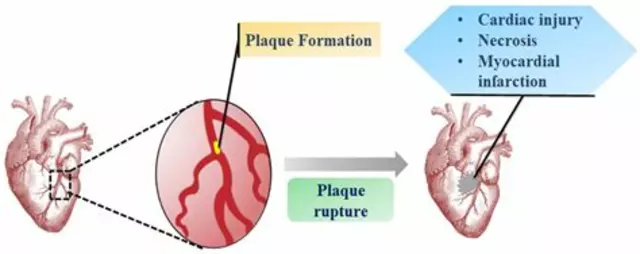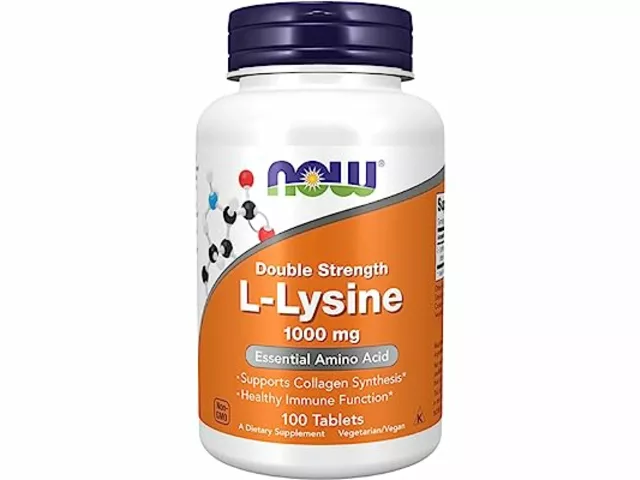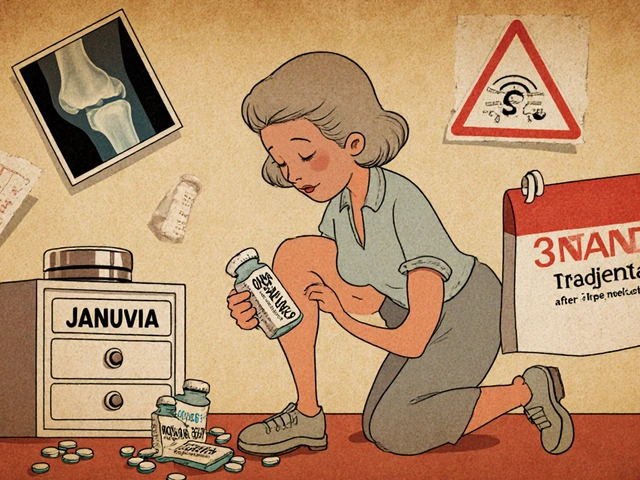Life Expectancy: What Shapes How Long You Live
Life expectancy sounds like a simple number, but it’s really a snapshot of health, environment, and choices. Where you live, how much you earn, your daily habits, and access to healthcare all push that number up or down. Want to understand what actually matters and what you can change? Read on.
Key factors that change life expectancy
Socioeconomic status is huge. People with steady income and good education usually live longer because they can afford healthier food, safer housing, and regular medical care. In many places, the gap between rich and poor can be a decade or more in life expectancy.
Health behaviors matter more than you think. Smoking, heavy drinking, poor diet, and physical inactivity directly shorten lives. Smoking is one of the single biggest risk factors; quitting cuts major risks within a few years. Being active and eating more whole foods—vegetables, beans, whole grains—lowers risks for heart disease, diabetes, and many cancers.
Access to healthcare and prevention changes outcomes fast. Regular screenings (blood pressure, cholesterol, cancer screenings) and vaccinations prevent or catch problems early. Medication adherence—taking prescribed drugs correctly—also prevents complications from chronic conditions like diabetes and high blood pressure.
Environment and safety play a role. Air pollution, workplace hazards, and unsafe roads increase premature deaths. Communities with parks, safe sidewalks, and low pollution support longer life.
Genetics set a baseline, but they don't seal your fate. Family history helps guide prevention—if heart disease runs in your family, focus on blood pressure and cholesterol. Still, lifestyle often outweighs genetic risk for many common diseases.
Practical steps to improve your odds
Start small and build consistency. Swap one processed snack for fruit or a handful of nuts. Add 20–30 minutes of walking most days. Those tiny shifts add up and are easier to keep than big, sudden changes.
Stop smoking and limit alcohol. Get help if you need it: counseling, nicotine replacement, or prescription aids work and are worth it. For alcohol, keep it moderate—regular heavy drinking shortens lifespan.
Prioritize sleep and mental health. Poor sleep and chronic stress raise inflammation and disease risk. Aim for regular sleep hours and find stress tools that work for you—talking to friends, therapy, or short daily walks.
Use healthcare proactively. Book routine checkups, follow screening schedules, and ask your doctor about medications that reduce risk (for example, blood pressure or cholesterol meds). Vaccines and preventive care are often the best investments in long-term health.
Finally, build social ties. Close relationships and community lower stress and improve recovery after illness. Join a local group, volunteer, or find a hobby that brings you into contact with others.
Want more practical reads? Browse our articles tagged “life expectancy” for disease-specific advice, medication guides, and safety tips that tie back into living longer and healthier.

Emphysema and Life Expectancy: What You Really Need to Know
Emphysema has a huge impact on life expectancy and everyday life. This article breaks down what really happens to your body, what numbers and studies say, and what you can do to breathe easier and maybe live longer. We dig into causes, symptoms, treatments, and real-life coping tips that make dealing with emphysema just a bit more manageable.
Read More




